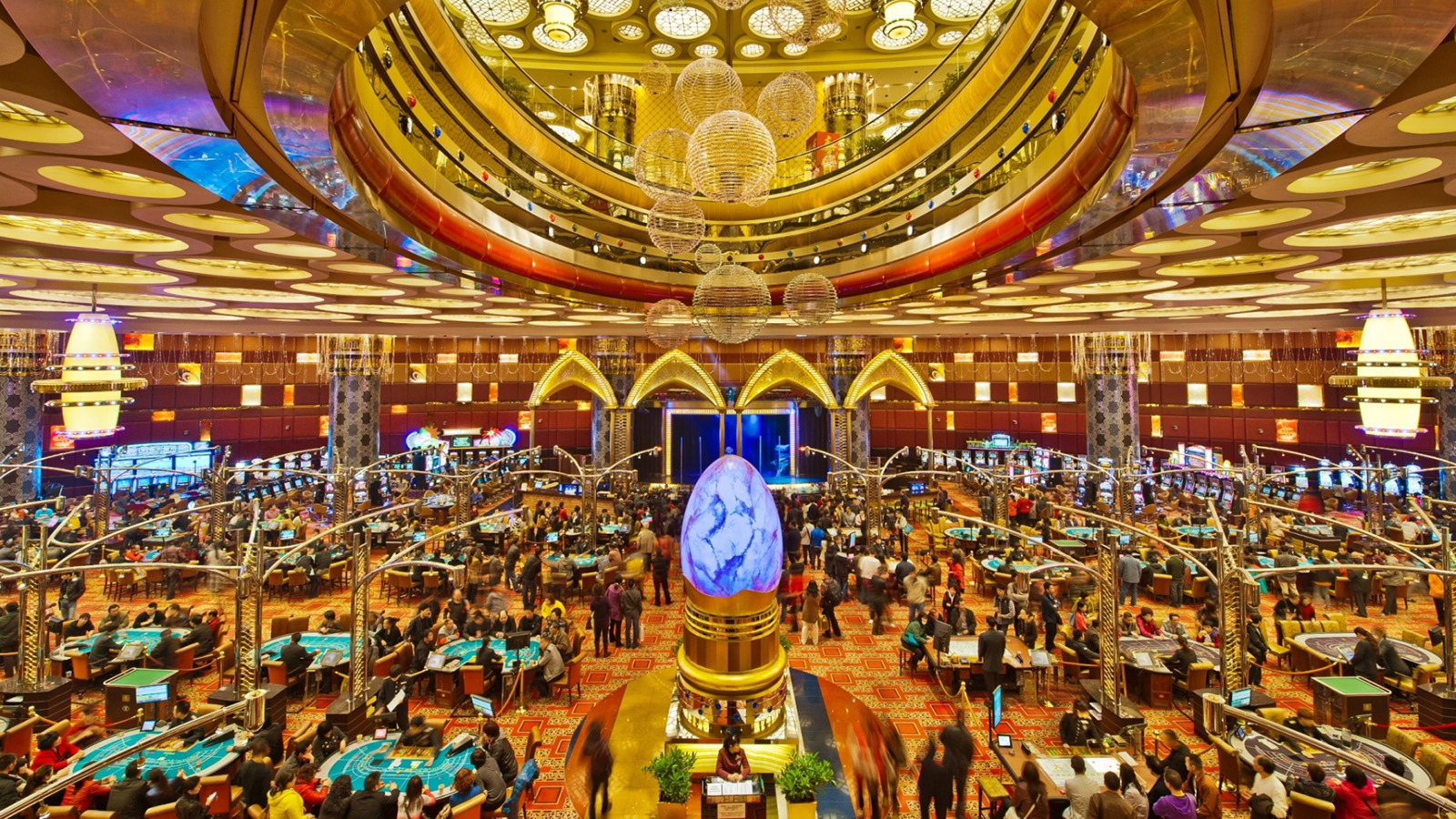
Casino experiences have long captured the interest of individuals around the world, becoming an important part of both leisure and tradition. From the shimmering lights of Las Vegas to the engaging experience of internet gambling, these experiences evoke excitement, risk, and sometimes even a sense of sentimentality. They are beyond just hobbies; they have woven themselves into the fabric of society, influencing various aspects from film and melodies to fashion and literature.
The allure of casino games surpasses the betting aspect, tapping into wider themes of fortune, possibility, and social interaction. As players gather around a card table or turn the roulette wheel, they engage in an ancient ritual that resonates with our collective desire for thrill and uncertainty. This captivation has led to the emergence of numerous references in films, tracks, and gaming, showcasing how strongly entrenched these activities are in mainstream culture. Whether it is the high-stakes tension of a traditional robbery film or the lively nightlife portrayed in music videos, casino games have created a substantial role that reflects our relationship with reward. games not on GamStop
Historical Significance of Gambling Games
Gambling activities have played a pivotal role in social aspects throughout the ages. Stemming from ancient civilizations, forms of chance were often linked to rituals or gatherings. For example, early forms of these activities can be traced back to ancient China and the Romans, where dice games and wagering on outcomes were common pastimes. These games not only served as leisure but also as methods of connecting people, facilitating connections among people within societies.
As societies evolved, so did the sophistication and organization of gambling games. The establishment of official casinos in the 17th century, particularly in the Italian region, marked a significant shift in how games were perceived and organized. With specific spaces for gambling, the casino became a community center where patrons from various backgrounds gathered. This evolution contributed to the validation of gambling, transforming it from a mere pastime into an organized industry that influenced the economy and policy.
The effect of casino games on popular culture cannot be understated. As they were popularized in literature and movies, games such as poker and 21 became symbols of chance, chance, and strategy. Iconic characters and narratives have developed around these activities, illustrating societal views towards fortune, prosperity, and vice. This interest with gambling games has infiltrated various forms of entertainment, cementing their place in the public imagination and connecting them to broader cultural stories throughout history.
Depiction of Gambling Activities in Entertainment
Casino activities have long been a popular subject in different types of entertainment, reflecting both the fascination and complexities of the world of gambling. Films such as Ocean’s Eleven and Casino Royal portray individuals who navigate intense situations, showcasing not only the attractiveness of the gambling environment but also the strategies and decisions that come with playing popular games like poker and 21. These movies often dramatize the excitement of winning and the potential consequences of losing, encapsulating the dangers involved in gambling.
TV programs have also explored the world of casino games, often integrating them into the storyline as a setting for character arcs and drama. Series like Las Vegas depict the lives of casino workers and customers, highlighting the vibrant, often disorderly energy of the casino floor. Reality shows featuring high-stakes gambling competitions further emphasize the attraction of gambling activities, drawing viewers into the drama and strategy involved in each game. Through these representations, media not only entertains but also prompts conversations about luck, expertise, and the character of chance.
Gaming have increasingly integrated gambling activities into their development, allowing players to recreate the thrill of betting without monetary loss. Games within the domain of digital gaming often include online slot machines, online poker, and other casino favorites, creating an engaging environment that mirrors real-life gameplay. These virtual portrayals make casino games accessible to a broad demographic, appealing to both players who indulge and those who enjoy the rush of virtual experiences. As a result, the representation of casino games in entertainment continues to shape societal views and cultural relevance, highlighting their function in entertainment and social context.
Effect of Gambling Activities on Communities
Casino games have a meaningful impact on society, influencing multiple facets of societal norms and interpersonal behavior. They often function as a venue for social interaction, where people gather to enjoy a common activity. Game nights with friends or visits to casinos become group events that build connections and create shared moments. This collective aspect boosts the entertainment value of gambling activities, making them a favored choice for celebrations and recreational pursuits.
Additionally, casino games have been depicted in countless movies, television shows, and literature, influencing views and opinions towards gaming and betting. Icons like James Bond playing baccarat or the high-stakes poker scenes in films have embedded these games in the collective imagination. This depiction often glamorizes the lifestyle associated with gambling, drawing in new players and influencing trends in both style and conduct. These portrayals can spark curiosity and lead to a deeper investigation of the nuances of gaming.
However, there are also adverse implications associated with the popularity of gambling activities. The allure of quick monetary gain can lead to gambling addiction and economic troubles for some individuals. The community must grapple with these consequences, advocating for responsible gaming and awareness of the risks involved. Balancing the fun aspect of casino games with the risks is vital to ensure that they continue to be a beneficial aspect of our cultural landscape.